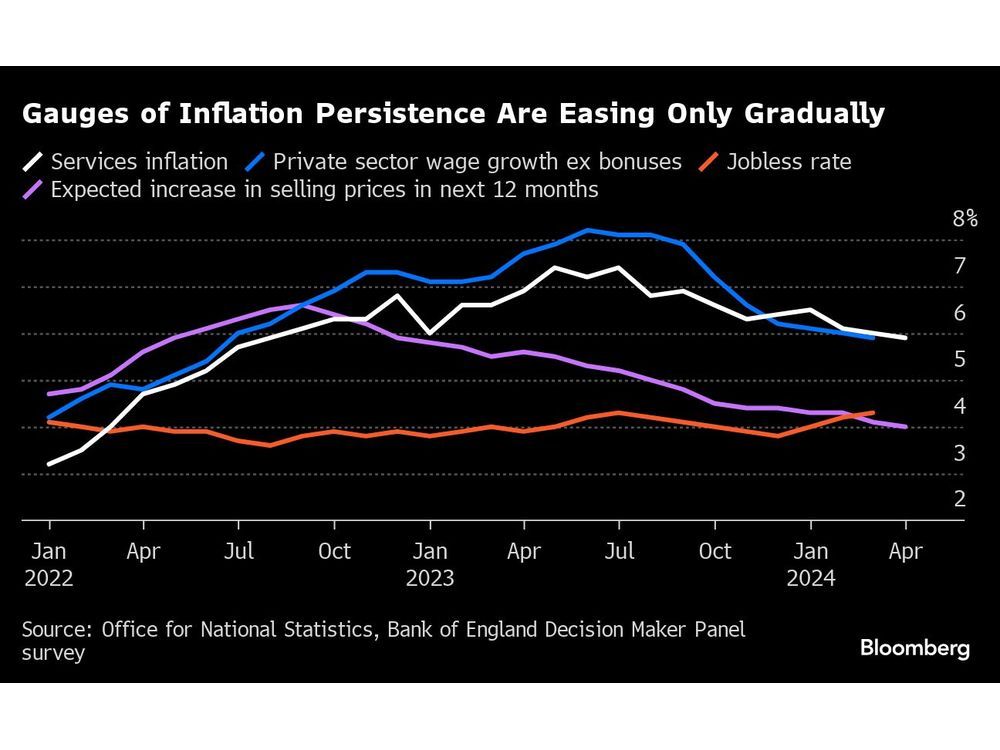Follow us on LinkedIn
There are a number of different types of savings accounts to choose from, and it can be difficult to decide which one is right for you. In this blog post, we will discuss five popular types of savings accounts and explain the benefits of each. We will also provide tips on how to find the best deal on a savings account for your needs. So, whether you are just starting out with saving or you are looking for a more high-yield account, we have the information you need.
What is a savings account?
A savings account is an interest-bearing bank account that allows you to save money and earn interest on your deposits. Savings accounts usually offer higher interest rates than regular checking accounts, but often have restrictions on how much you can withdraw each month or charge fees for withdrawals.
Different types of savings accounts
1-Regular Savings Accounts: These are the most basic type of savings accounts and usually offer relatively low-interest rates. They are ideal for people who are just starting to save and do not need access to their funds on a regular basis.
2-High-Yield Savings Accounts: These accounts offer higher interest rates than regular savings accounts, but often require a higher minimum balance to qualify for the best rate. They are ideal for people who want to earn more interest on their savings.
3-Money Market Accounts: These accounts offer higher interest rates than regular savings accounts and money market mutual funds. They often require a minimum balance and may limit the number of withdrawals you can make per month.
4-Certificates of Deposit (CDs): CDs are bank accounts with fixed terms and interest rates. They usually require a minimum balance, but the higher interest rate may make them worth the effort for savers looking for a long-term savings plan.
5-IRA Accounts: These investment accounts offer tax benefits and can be used to save for retirement or other goals like college tuition payments. They come in a variety of types, such as traditional, Roth, and SEP IRAs.
Tips for Finding the Best Savings Account
1-Compare interest rates: It’s important to compare the interest rate offered by different banks and credit unions to find the best deal on a savings account. You should also look into any fees that may be associated with the account.
2-Consider current promotions: Many banks and credit unions offer promotional rates or bonuses for new customers. It’s worth looking into these offers to see if you can get a better deal on your savings account.
3-Read the fine print: Be sure to read all of the terms and conditions associated with a savings account before you open one. This will help ensure that the account is right for your needs and that you understand how it works.
By understanding the different types of savings accounts available and doing some research, you can find an account that best suits your needs. With proper planning and discipline, these accounts can help you reach your financial goals.
FAQs
What is a saving plan?
A savings plan is a plan designed to help you save money over time. It typically involves setting aside a certain amount of money each month or year for your savings goals, such as retirement or college tuition payments. Your savings plan should also include an interest rate and other features that make it easier to save.
What type of account should I open?
It depends on your needs and goals. For example, if you plan to save for retirement, an IRA account may be the best option. However, if you want to earn a higher interest rate on your savings, a high-yield savings account may be better. Be sure to compare the features of different accounts before making your decision.
How much money should I save?
That depends on your financial goals and budget. You may want to start with a small amount, such as $25 or $50 per month, and gradually increase it over time. You should also consider adding any unexpected income, such as bonuses or tax refunds, to your savings.
Do I have to pay taxes on my savings?
It depends on the type of account. For example, money in a traditional IRA account is tax-deferred, meaning you only pay taxes when you withdraw the funds. On the other hand, money in a Roth IRA account is tax-free, meaning you don’t have to pay any taxes on your earnings. Be sure to research the tax implications of different accounts before opening one.
What is the best way to save money?
The best way to save money is to create a budget and stick to it. Make sure you are setting aside some money each month for your savings goal, as well as making regular contributions to an emergency fund. Additionally, you can look for ways to reduce your spending so you can save even more.
What should I do if I need access to my savings?
If you need access to your savings, make sure to choose a savings account that allows you to withdraw funds easily and without penalty. Many banks and credit unions offer accounts with no minimum balance or withdrawal requirements, so you can access your money when needed.
What is an interest rate?
An interest rate is the percentage of a loan or savings account balance that you will be charged for borrowing or saving money. Generally, the higher the interest rate, the more attractive it is to either borrowers (in terms of getting a loan) or savers (in terms of getting a good return on their savings). Interest rates can vary significantly between different types of accounts, so it’s important to compare the rates offered by different banks and credit unions when choosing an account.
Can I open a joint savings account?
Yes, you can open a joint savings account with someone else if you both meet the criteria set by the bank or credit union. Typically, both parties will need to provide their personal information and identification documents in order to open a joint account. Depending on the institution, only one of you may be required to make deposits into the account while both of you have access to withdraw funds.
What is the difference between an IRA and a savings account?
The main difference between an IRA and a savings account is that an IRA offers tax-deferred or tax-free growth on your investments while a savings account allows you to earn interest on the money in the account. With an IRA, you can also typically make larger contributions each year than what is allowed with a savings account. It’s important to research the features and benefits of both types of accounts before deciding which is right for you.
Is there a limit on how much I can save in a savings account?
Most banks and credit unions have limits on the amount of money that can be deposited into an individual savings account, usually ranging from $250,000 to $1 million. It’s important to check with the institution for its specific limits and requirements when opening a savings account.
Do I need a minimum balance in my savings account?
Most banks and credit unions require you to maintain a minimum balance in your savings account in order to avoid fees or keep the account open. The amount of this minimum balance can vary between institutions, so make sure to check with your bank or credit union for their specific requirements.
Can I withdraw money from my savings account anytime?
Most banks and credit unions allow you to make withdrawals from your savings account whenever you need the funds. However, it’s important to keep in mind that if you make too many withdrawals, the bank may close your account or charge a fee. So be sure to check with your institution for their specific withdrawal limits and requirements.
Closing thoughts
By understanding the different types of savings accounts, researching promotional offers, and reading the fine print, you can find an account that best fits your needs. With proper planning and discipline, these accounts can help you reach your financial goals.
Further questions
What's your question? Ask it in the discussion forum
Have an answer to the questions below? Post it here or in the forum





Prime Minister Keir Starmer’s promise to “get Britain building again” will quickly face a shortage of skilled workers in the very industries he’s hoping will power the turnaround.